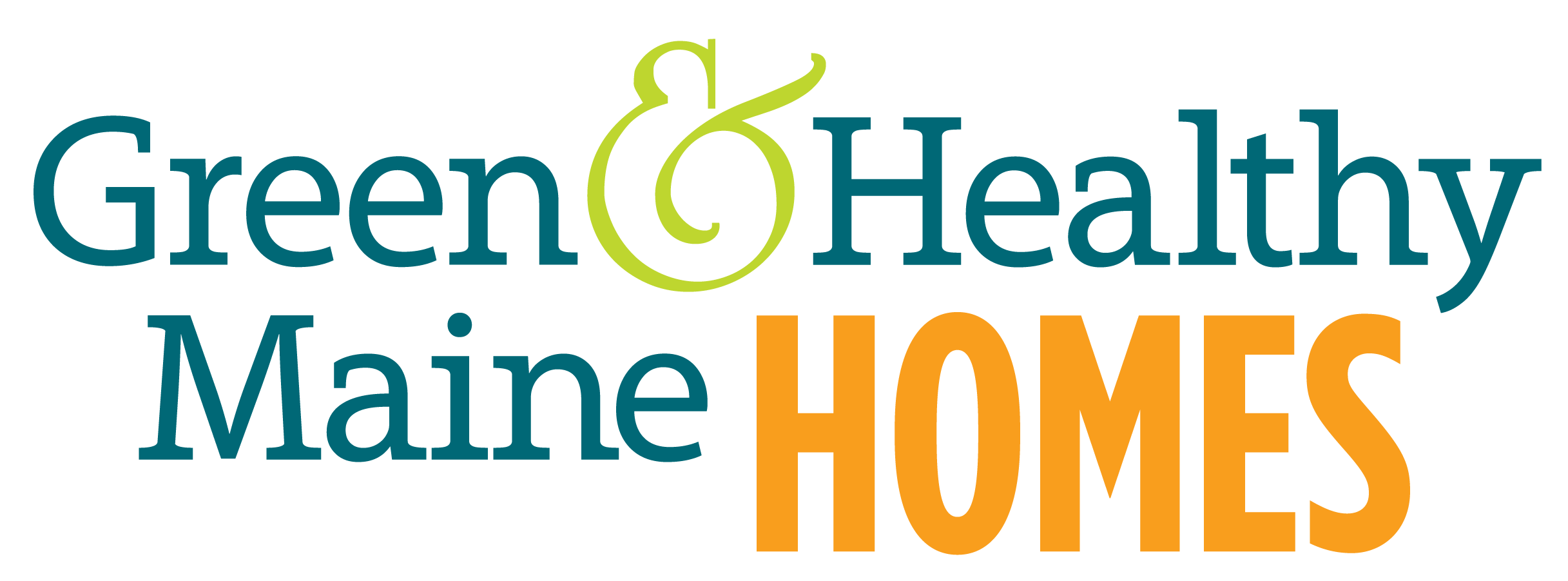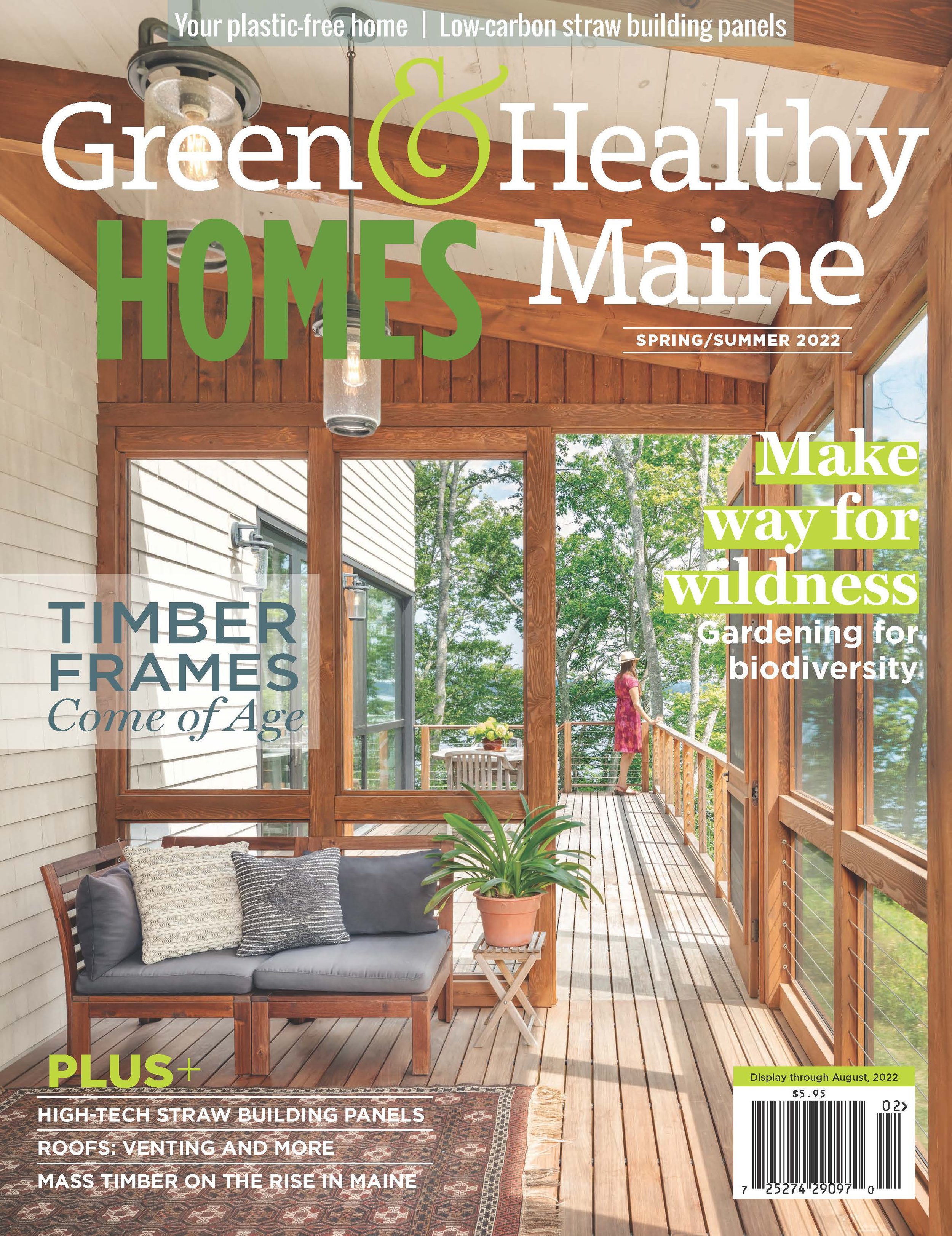New Maine-made concrete block has a lighter carbon footprint
Genest Concrete Works’ Big-core 8” concrete block uses 50% slag in place of carbon-intensive cement. PHOTO: COMFORTBLOCK.COM
MANUFACTURING CEMENT—one of the basic ingredients needed to create concrete—is a primary contributor to the carbon emissions of the building sector. And recent studies have found that at least 8% of total global emissions caused by humans are attributable to the concrete industry. But concrete is also versatile, resistant to mold and extremely resilient, all prominent reasons for its ubiquitous use in the built environment. While building products manufacturers have been working on innovations that reduce the use of concrete in buildings, cement and concrete manufacturers are also striving to create products with smaller carbon footprints. The Global Cement and Concrete Association even released a roadmap late last year outlining the steps needed to decarbonize the industry by 2050.
A Maine concrete block manufacturer, Genest Concrete Works, Inc., recently announced the development of a new eight-inch block (Big-core 8”) that cuts the use of cement in half through product design and a proprietary material called G-Mix™, comprised of 50% slag, a byproduct of the iron and steel manufacturing industry. The blocks, which are also used in the company’s Comfort Block masonry products, contain a minimum of 5% of recycled content, a percentage Genest hopes to increase. Using this much slag in a concrete mix is unusual according to Chris Genest, the firm’s general manager, who says, “Some ready-mix [concrete] producers might use up to 20% or so of slag cement, but not 50%, as far as I know.”
According to a white paper released by Genest, the Big-core 8” concrete block meets ASTM C90 requirements, and is both lighter and has less efflorescence, a process in which moisture in concrete migrates through the block, dissolving mineral salts in the cement and leaving a whitish haze.
The company is also in the research stages of using expanded glass in its mix. Manufacturers in Europe have been using expanded glass for years because of its light weight and insulating value, but the product has yet to take hold in the U.S. Genest says, “Our goal is to be able to replace 50% of traditional aggregate in our Comfort Block line [with expanded glass].”
This article appeared in the Spring 2022 edition of Green & Healthy Maine HOMES. Subscribe today!
Find Maine experts that specialize in healthy, efficient homes in the Green Homes Business Directory.


